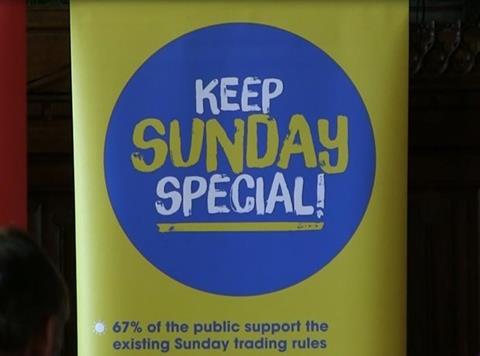
The government has conceded defeat in the battle to reform Sunday trading legislation and it looks as if any new attempts will not be resurrected any time soon.
The writing was on the wall after Scottish National Party MPs decided on Tuesday night to oppose the government proposals in the Enterprise Bill to enable councils to decide for themselves on whether to allow supermarkets and other large retailers to open for more than six hours.
They joined with all parliamentary parties, apart from UKIP, and 27 rebel Conservatives led by David Burrowes (Enfield Southgate), in voting against the measures, delivering a defeat of 317 votes to 286.
The defeat came despite last-minute proposals to sway the Tory rebels, such as the introduction of pilot schemes to measure the impact of relaxation in a number of key tourist areas.
The Keep Sunday Special campaign was jubilant after a tireless campaign in which it attacked the credibility of government evidence for reform.
A spokesman for KSS member the Association of Convenience Stores said: “All parties with the exception of UKIP voted against it. The process the government went through was not robust, the latest example being the impact assessment published minutes before the debate started.”
James Bielby, chief executive of the Federation of Wholesale Distributors, said the decision demonstrated just how unpopular the proposed changes were.
“We are delighted to be part of the extensive coalition of retailers, shopworkers and religious groups which has opposed what amounts to a personal crusade by the Chancellor to enforce a measure for which there is little evidence, little political will, and little public support.”
However, while thousands of small, local shops and their customers would breathe a sigh of relief, it did not expect the proposals to be shelved indefinitely. “We must continue to show the government that it is losing allies with its continued efforts to push through unwanted and unpopular changes”, he said.
John Hannett, general secretary of shopworkers union USDAW, called it “a huge victory” for shopworkers.
“This is the third occasion in five years that Conservative ministers have attempted to permanently change Sunday trading regulations and the third time they have been unsuccessful.
“We hope now the government will leave this great British compromise alone and focus on providing real support for the retail sector, not the unwanted and unnecessary bureaucracy that devolution would have resulted in.”
However a defiant Mark Allatt, director of lobby group Open Sundays, told The Grocer he would not let the matter rest.
“We will start laying the groundwork for a future vote. It’s an anachronism and it has to change.”
Bringing proposals in as part of the localism agenda had been a mistake when it should have been about freedom of choice, he argued.
He promised to undertake polling of retailers and consumers “quite quickly” following the defeat and he slammed the SNP for “playing politics”.
Edward Cooke, director of policy and public affairs at the British Council of Shopping Centres, called the process “farcical”.
He said change was essential if retailers were to meet consumer demand. “Local councils are much better placed to make decisions on local trading hours, to help strengthen local economies and enable the retail sector to create more jobs.
“The SNP’s position in blocking reform is inconsistent given trading hours north of the border are not restricted and there is little objection to how the system works.”







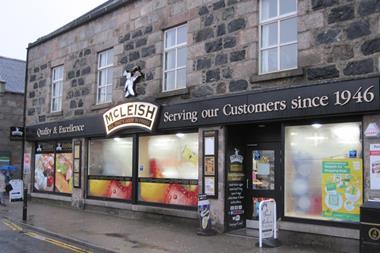



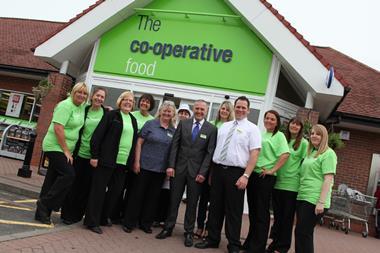
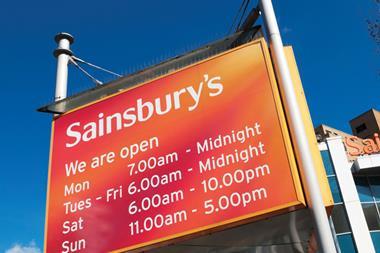

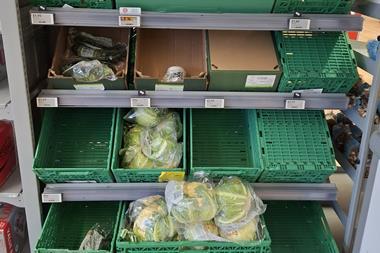




1 Readers' comment